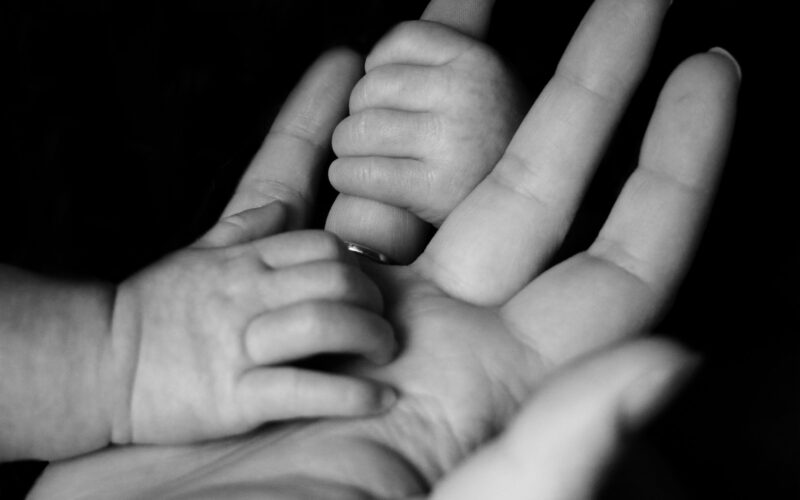In a world that moves at an unceasing pace, where social and cultural challenges change with dizzying speed, the education of children assumes a fundamental, almost sacred role. It’s not just about teaching them to read, write, or count, but about guiding them on the path towards a respectful and conscious existence of others, free from the constraints of gender roles and the tight grip of now obsolete prejudices.
Education begins in the family, that primary nucleus where children learn the first concepts of coexistence, respect, and responsibility. It is in the intimacy of home that the little ones observe and assimilate the daily behaviors of adults, shaping their own way of interacting with the outside world. Therefore, it’s crucial that parents and close adults set a good example, showing mutual respect, gender equity, and tolerance.
Escaping gender stereotypes means allowing children to freely explore their interests and passions, regardless of outdated social conventions. A boy who loves to dance or a girl passionate about robotics should not be confined in ideological cages, but encouraged to follow their inclinations. This develops self-confidence and respect for diversity, two fundamental pillars of a balanced society.
The rules of coexistence, then, are indispensable tiles in the mosaic of education. Teaching children that every action has a consequence, that respect for others is sacrosanct, that generosity and empathy are more than virtues, they are necessities, becomes an inescapable duty for every parent. This not only prepares children to live in a community but educates them to become responsible and sensitive citizens.
It’s in the small things, in daily gestures, that the great lessons are hidden. A thank you, a please, attentive listening, respect for the environment, sharing, are all small bricks that build the character of an individual. Children learn much more from example than from words. Adults must therefore be aware of the weight of their actions, as these are directly reflected on the little ones.
Take, for example, the simple act of stopping at a red light. For an adult, it may seem a banal action, the result of habit rather than reflection. But for a child, it is a valuable lesson on respect for the rules and safety. When a parent stops at the red, holding their child’s hand, they are imparting a silent but powerful lesson: rules are important, they are there to protect us, and respecting them is a civic duty.
Another example is behavior in the sports field. Imagine a competition in which the child participates. At the end of the race, regardless of the outcome, the parent encourages the child to shake the opponent’s hand, congratulating them on their victory or effort. This gesture teaches the value of sport as a moment of loyalty and mutual respect, as well as an opportunity to recognize the merits of others. In this way, children learn that competition is healthy only when accompanied by fair play and recognition of the qualities of others.
These gestures, although they may seem small, have a profound impact. They show children that actions, even the simplest, are laden with meaning. They teach that living in a society requires respect for common rules, empathy for others, and recognition of the merit and effort of others. Children, through these daily experiences, learn to build relationships based on respect and equity, essential elements for a harmonious coexistence.
Ultimately, every daily gesture, every small choice, is an educational opportunity. Parents, and adults in general, have the power to shape the perception of the world of children, teaching them, through example, the fundamental values of a civil and respectful coexistence.
Educating also means accepting that each child is a unique individual, with their own needs, fears, and dreams. There is no single model of education, but a mosaic of approaches, shaped on the personality and circumstances of each family. The important thing is to always keep at the center respect for others and the awareness that our actions influence the world around us.
In conclusion, the education of children is not a task to be taken lightly. It is a responsibility that requires dedication, patience, and above all love. It is a commitment that is renewed every day, in every small gesture, because it is through these gestures that the character of an individual is formed and, ultimately, the future of our society.












